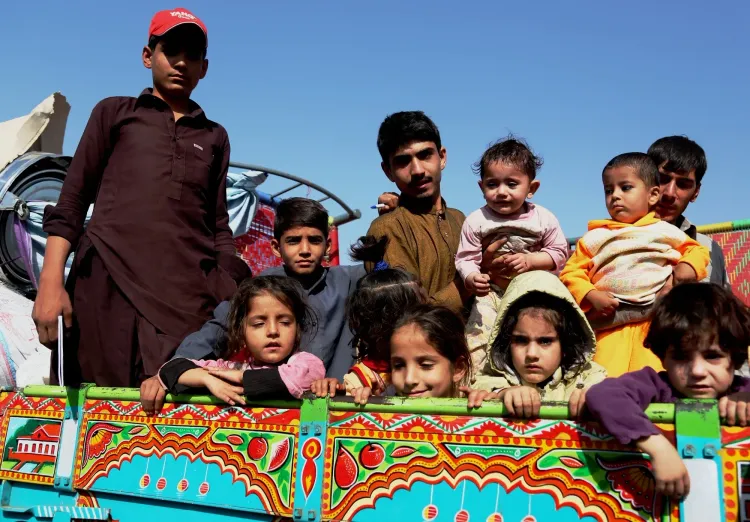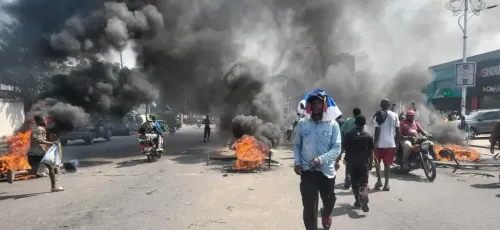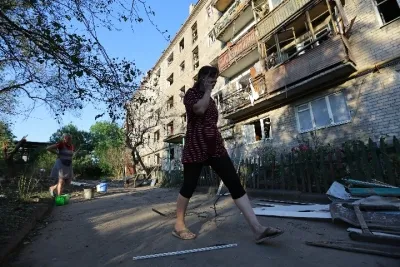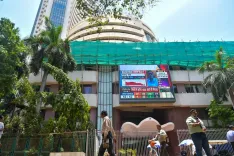Why is Germany Urging Pakistan to Allow Afghan Refugees to Return?

Synopsis
Key Takeaways
- Germany urges Pakistan to allow the return of deported Afghan refugees.
- Over 200 Afghans part of a resettlement program have been sent back.
- The deportees were involved in Germany's special initiative post-Taliban takeover.
- Pakistan's strict immigration policies are impacting thousands of Afghan applicants.
- Authorities have restricted undocumented migrants in designated 'safe zones'.
Kabul, Aug 19 (NationPress) Germany has urged Pakistan to facilitate the return of 211 Afghan refugees who were forcibly deported to Taliban-controlled Afghanistan, emphasizing their inclusion in Berlin's resettlement initiative and their right to continue with visa applications and seek protection.
According to Germany's Foreign Ministry, over 200 Afghans, who were previously accepted under its refugee scheme, have been sent back to Afghanistan by the Pakistani authorities, as reported by Afghan news agency Khaama Press.
On Monday, spokesperson for the German Foreign Ministry, Joseph Hintersir, appealed to Pakistan to permit the return of those deported so they can resume the process for obtaining German visas. He noted that approximately 450 Afghans associated with Germany's relocation program had been detained by Pakistani police, with 211 already deported.
The affected Afghans were part of Germany's special initiative initiated in 2021 following the Taliban's takeover in Afghanistan, aimed at safeguarding those who collaborated with German forces and institutions. However, the ongoing mass deportations by Pakistan and Germany's strict immigration policies have stalled this program, leaving over 2,000 applicants in a precarious situation.
This crisis highlights the vulnerable state of Afghan refugees residing in Pakistan, who face increasing border restrictions and the threat of deportation back to Afghanistan. Experts have raised alarms that many Afghans who supported foreign organizations may be abandoned without adequate international support, raising doubts about future humanitarian commitments.
In response, Pakistan has identified Rawalpindi, Attock, Islamabad, Murree, and Haripur as 'safe zones,' prohibiting undocumented migrants, enforcing stricter visa regulations, and banning the issuance of SIM cards and real estate transactions without legal status, as reported by Khaama Press.
Pakistani officials have declared that several major cities will be designated as 'safe zones' where undocumented migrants will not be allowed to reside. This decision was made during a meeting held at the Capital Development Authority, attended by officials from the Interior Ministry, the National Database and Registration Authority, the Federal Investigation Agency, and counterterrorism units.
The authorities have specified that only foreigners with valid visas will be allowed in these designated areas. Violators of this policy will face serious security consequences. A collaborative database is being developed to monitor foreign residents, accessible to various state agencies.
The Pakistani government also announced that SIM cards will not be issued to individuals lacking visas and that property transactions involving undocumented migrants will be prohibited. In recent months, Pakistan has intensified its crackdown on migrants, particularly Afghans, prompting international organizations to express concerns about the humanitarian implications of such measures.









